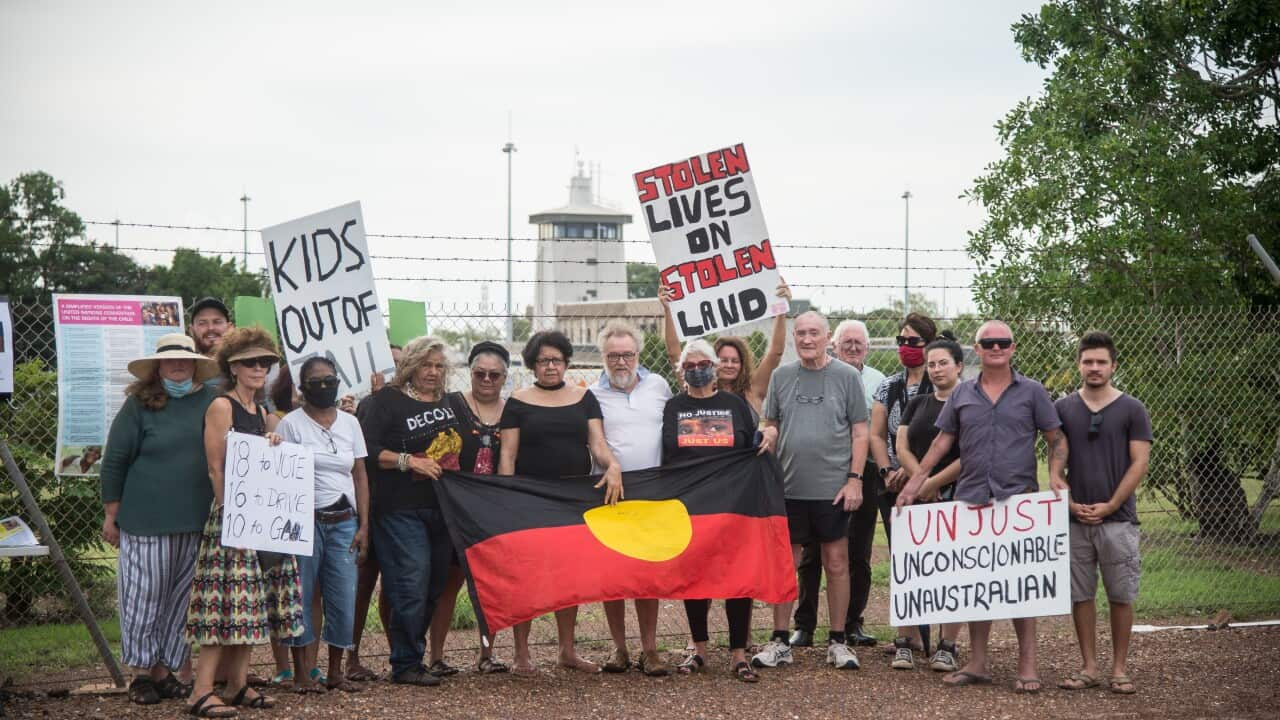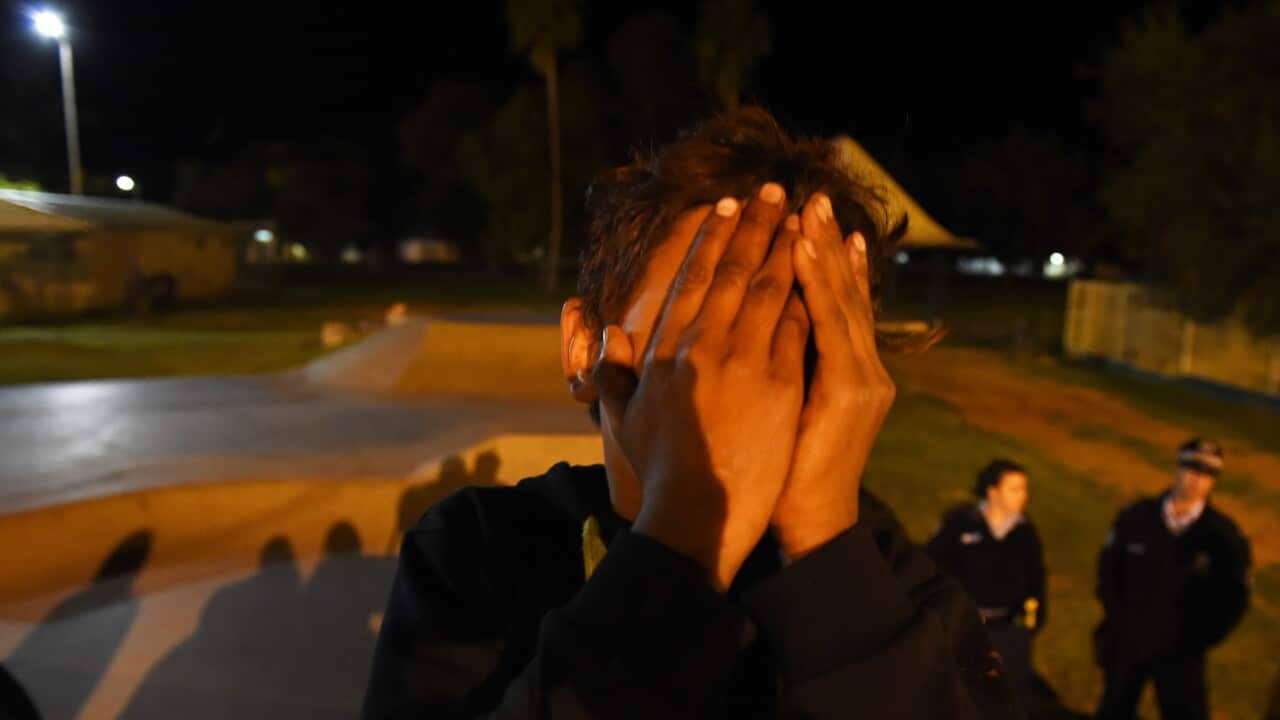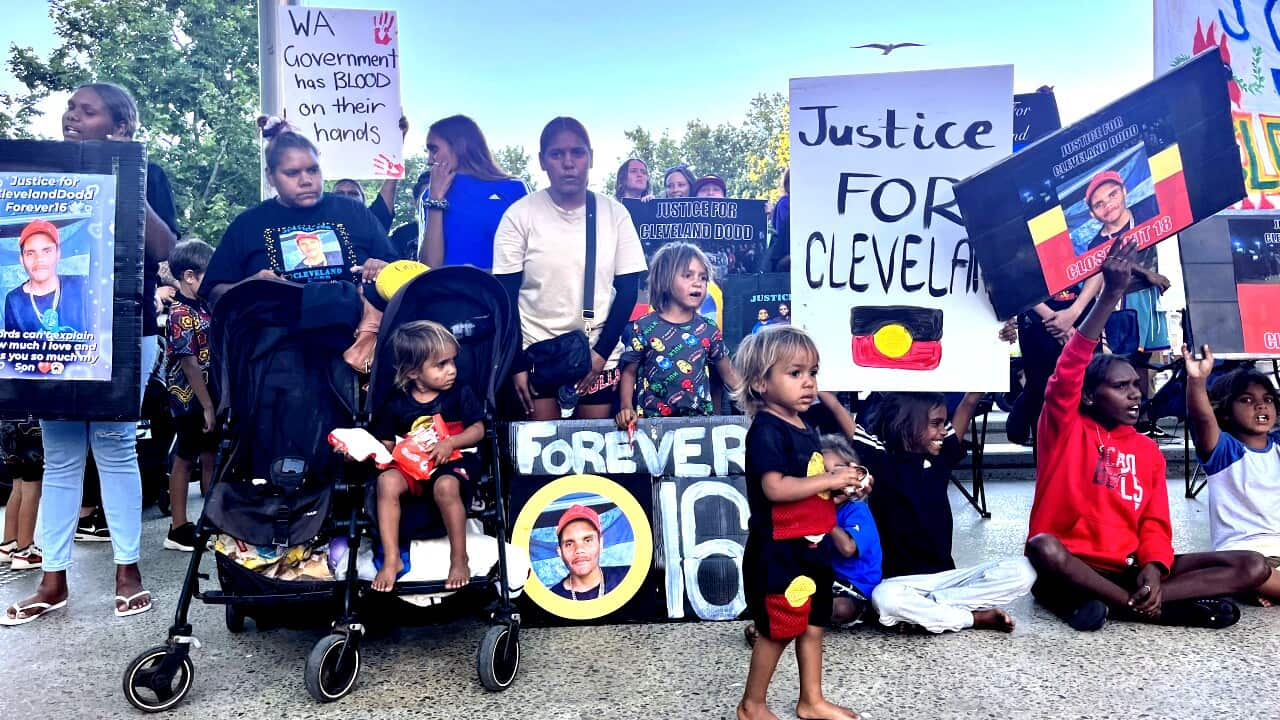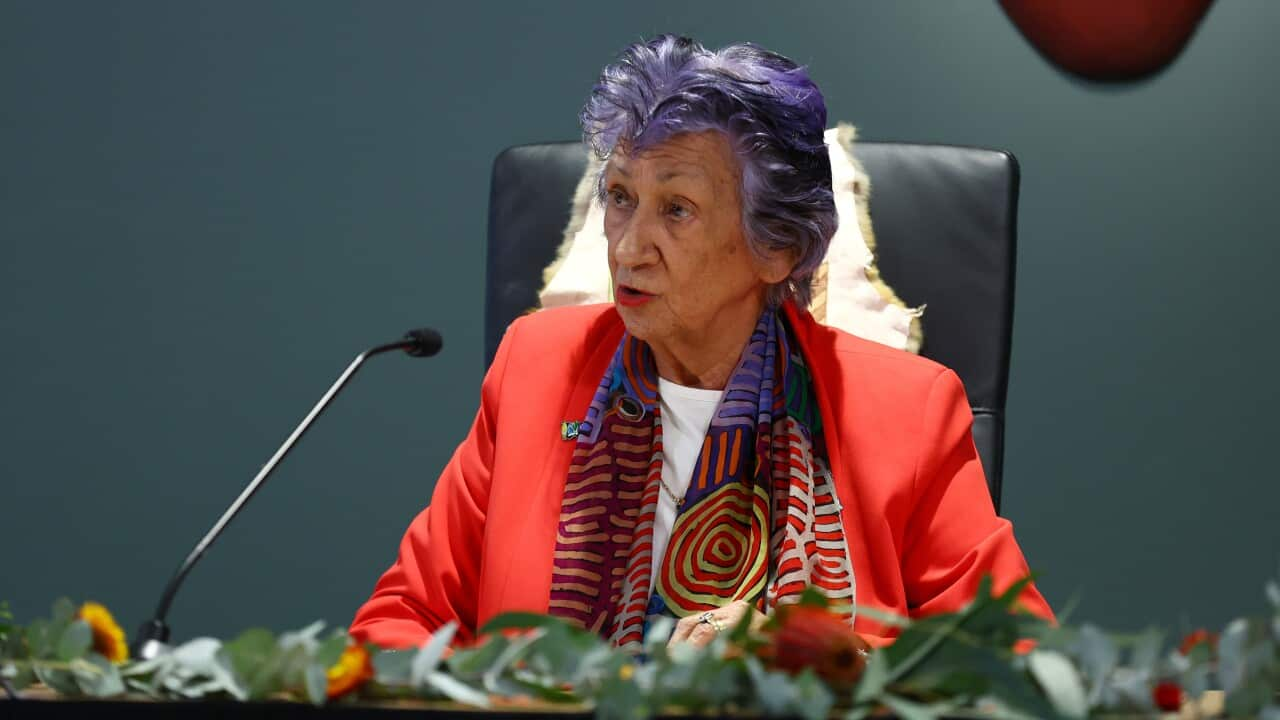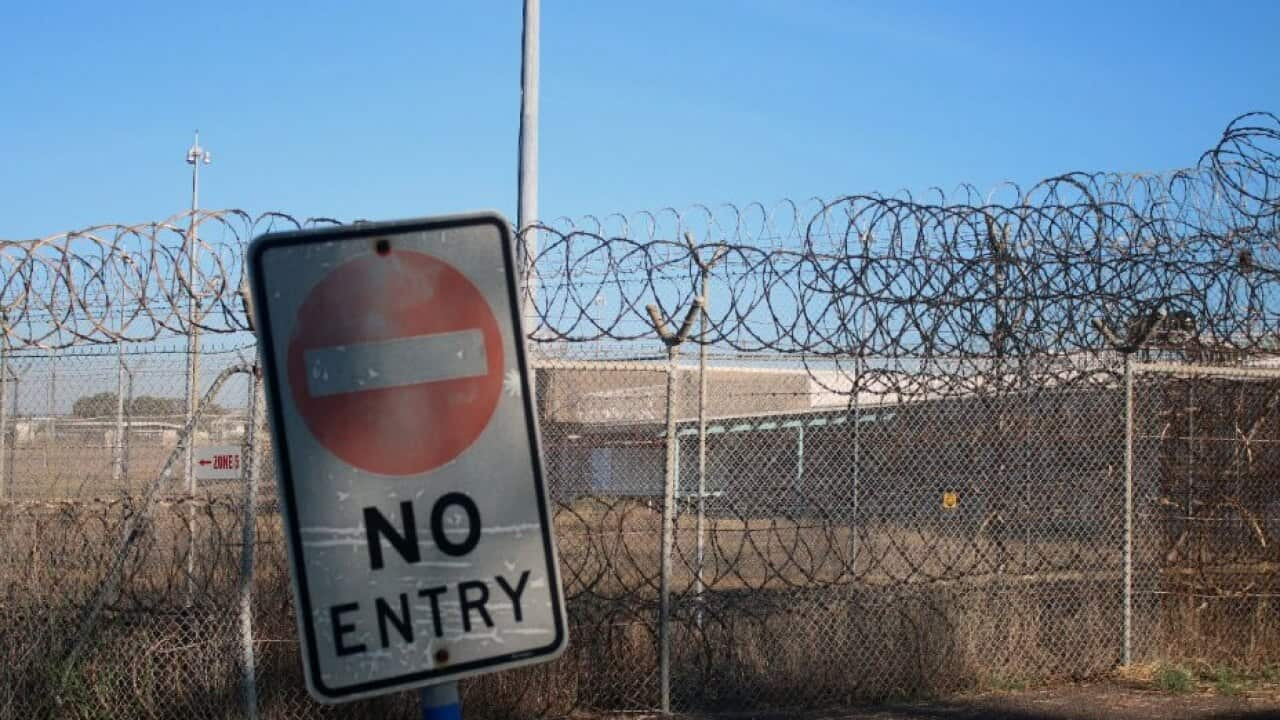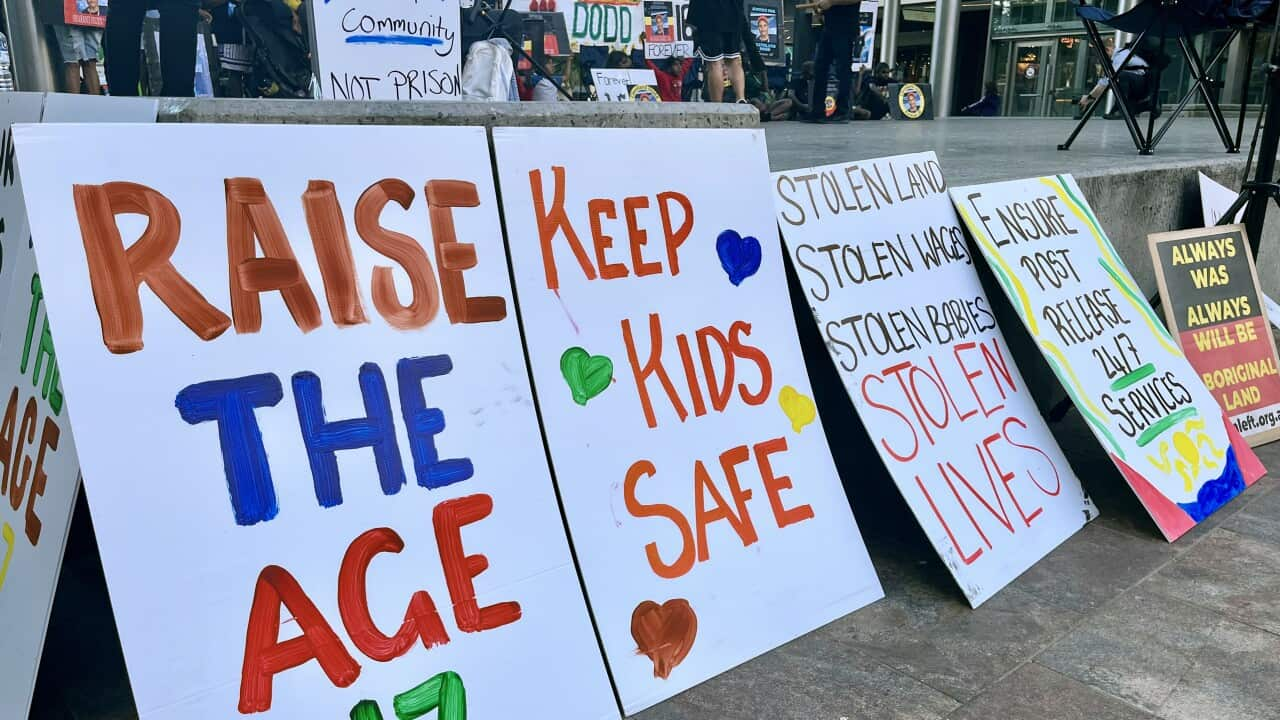A national inquiry into youth justice and incarceration will investigate why so many First Nations children are being jailed.
Around 70 per cent of incarcerated youth across the country are Indigenous.
Last week the federal Greens secured an urgent federal Senate inquiry, saying youth justice systems across the country are in meltdown.
The Senate Youth Justice Inquiry will be conducted by the Legal and Constitutional Affairs Committee and will report by November 26 this year.
Greens First Nations spokesperson Dorinda Cox, a Yamatji Noongar woman, said the inquiry had been a long time coming – at the cost of young people's lives.
"Jailing is failing and for our most vulnerable people, especially our children as young as 10 years old," she said.
“The Commonwealth has a constitutional responsibility for all Indigenous peoples in Australia and under several international instruments like the Rights of a Child, UN declaration on the rights of Indigenous People and Optional Protocol to the Convention Against Torture.
"They need to stop trying to pass the buck on to the states and territories.”
The inquiry's announcement comes in the wake of the deaths of two children in youth detention in Western Australia in less than a year.
"The issues I hope that this inquiry can highlight and address from the federal level have significant and profound impact for my communities," Senator Cox said.
"But the learnings are for all of us as Australians and our future generations.”
New laws expected to see more Blak youth in prison
This year, several states have already introduced laws that are affecting First Nations children.
Queensland brought in harsher youth justice laws, while in Victoria the government walked back a promise to raise the age of criminal responsibility to 14 – as recommended by the United Nations – instead raising it to 12 from 10.
And in NSW harsher bail laws have seen more First Nations children coming into contact with the criminal justice system.
While the former Northern Territory government raised the age to 12, the new CLP government says it .
National Children’s Commissioner Anne Hollonds welcomed the inquiry, saying it has come at a critical time to prevent further systemic failures harming children and young people.
“For decades, scores of people have been working to get national attention on these urgent issues, and this inquiry is an opportunity to address one of the most urgent human rights issues facing Australia,” she said.
In August Commissioner Hollonds released Help Way Earlier!, a report into child justice.
"A national inquiry will help shine a light on the failures in our child justice systems – failures which continue to destroy and devastate the lives of young people, their families, and communities," she said.
"We are seeing these failures daily, particularly against First Nations and other children living with poverty and disadvantage, and complex needs such as disabilities, mental ill-health and trauma ...
“As our report ‘Help Way Earlier!’ found, in Australia we have misunderstood the problem we are trying to solve by making the criminal justice systems tougher and more punitive.
"The evidence is that the younger you lock up a child, the more likely it is that they will go on to offend."
Greens spokesperson for justice Senator David Shoebridge said the Commonwealth has international obligations to protect the rights of children, First Nations rights and stop torture.
"And yet they have failed to act in the face of a national youth justice crisis," he said.
“It’s time to move on from the ineffectual hand wringing from Labor’s federal Attorney-General and actually do something to stop the violence, isolation and torture that children face in state and territory children jails.
“This is the first and best chance to have a reset in the national debate on jailing children and start working out how to support and protect vulnerable children rather than just jail them."
Closing date for submissions is October 10.
